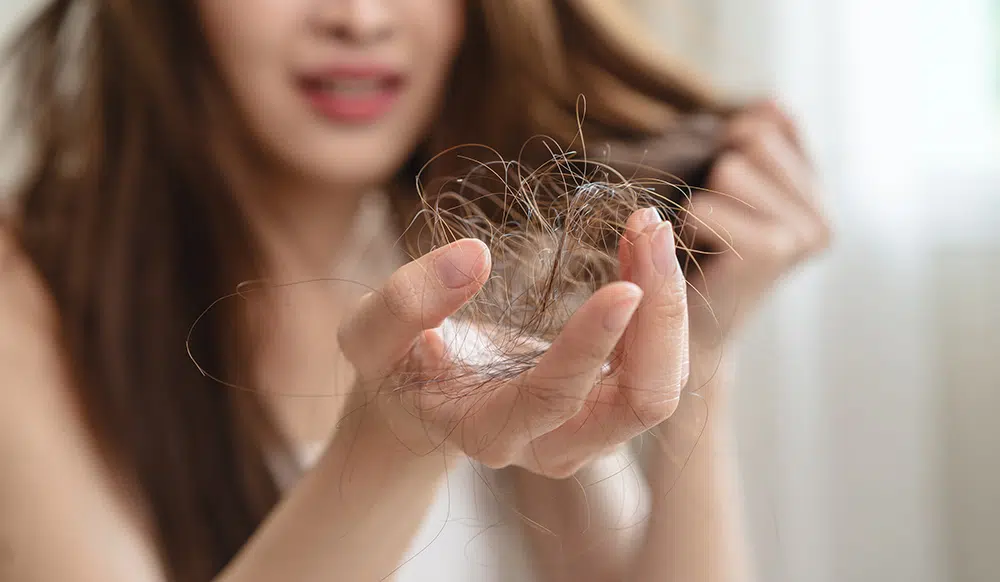The question Does Masturbation Cause Hair Loss is one of the most common concerns in men’s health forums. Many people worry that sexual habits might be secretly damaging their hairline. However, scientific evidence clearly shows that masturbation does not cause hair loss.
Understanding whether does masturbation cause hair loss requires separating myths from biology. Hair thinning is primarily linked to genetics, hormones, stress, and health conditions — not sexual activity.
Does Masturbation Cause Hair Loss According to Science?
No. There is no credible scientific evidence that masturbation leads to baldness. The belief is based on misinformation, outdated cultural taboos, and misunderstanding of hormones and nutrition.
Myth 1: Protein Loss Causes Hair Thinning
The Claim: Ejaculation causes protein loss, and since hair is made of protein, frequent masturbation weakens hair growth.
The Reality: Semen contains only a tiny amount of protein — about 0.1 to 0.5 grams per ejaculation. The average adult needs 50+ grams of protein daily. This minimal loss has zero impact on hair health. Severe protein deficiency can cause hair loss, but masturbation does not create nutritional deficiency.
Myth 2: Masturbation Increases DHT
Another theory suggests masturbation spikes testosterone and therefore increases DHT (dihydrotestosterone), the hormone linked to male pattern baldness.
While DHT is responsible for genetic hair loss, masturbation does not cause long-term increases in DHT. Hormonal fluctuations after sexual activity are temporary and do not affect hair follicles in a lasting way.
This is why the idea that does masturbation cause hair loss through DHT imbalance is scientifically incorrect.
The Real Causes of Hair Loss
- Genetics: Androgenic alopecia (male or female pattern baldness) is inherited.
- Hormonal Conditions: Thyroid disorders and hormonal imbalances affect hair growth.
- Stress: Severe emotional or physical stress can trigger telogen effluvium.
- Nutritional Deficiencies: Iron, zinc, and vitamin deficiencies can impact scalp health.
- Medical Conditions: Autoimmune disorders and scalp infections may cause hair loss.
If you are experiencing hair thinning, the cause is almost certainly one of these scientifically recognized factors — not masturbation.
Does Masturbation Cause Hair Loss Indirectly?
Some argue that excessive guilt or stress around masturbation might indirectly impact hair health. Chronic stress can increase cortisol levels, which may contribute to shedding. However, this would be due to stress — not the act itself.
Frequently Asked Questions
Does masturbation increase DHT?
No. Masturbation does not create significant or lasting DHT elevation.
Can frequent masturbation cause baldness?
No. The frequency of masturbation has no scientific link to hair loss.
Will quitting masturbation regrow hair?
There is no scientific evidence that abstinence reverses genetic hair loss.
Conclusion
So, does masturbation cause hair loss? The answer is clearly no. This belief is a persistent myth unsupported by science. Hair loss is influenced by genetics, hormones, stress, and medical conditions — not sexual activity.
If you are concerned about hair thinning, consult a dermatologist for accurate diagnosis and treatment. You can also explore research resources at
PubMed
for scientific studies.
For related reading, check our guide on
benefits and side effects of semen retention
.
